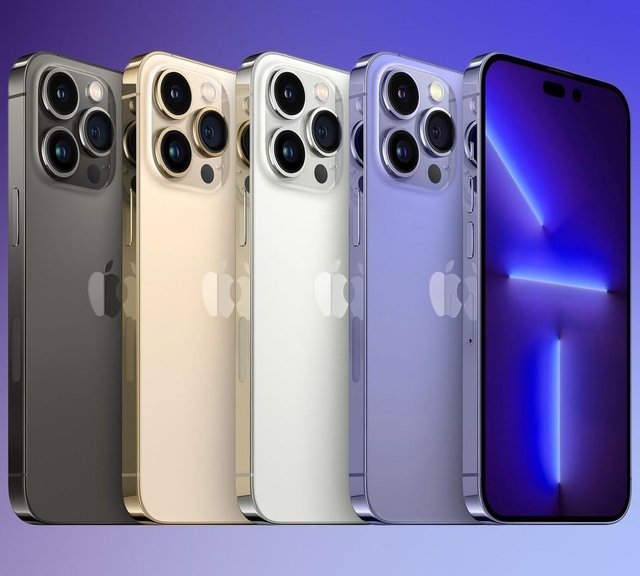If Apple and wireless providers can reach an agreement, an iPhone 14 satellite link may be possible.
According to reports, the hardware has been finished for a year.

Rumors about the upcoming Apple iPhone 14's probable ability to deliver emergency messages via a satellite network are still circulating as the event draws near. According to renowned analyst Ming-Chi Kuo on Monday, Apple had "finished hardware tests for this capability" with the iPhone 14, but if it wants to add it, it will need to discuss a business model with carriers.
If Apple and operators can agree on a financial model, Kuo claims that the iPhone 14 will support satellite communication. The hardware that would have allowed the iPhone 13 to interact with satellites was finalized, but Apple couldn't figure out the business end with carriers, according to Kuo, who claims that this obstacle may have previously delayed the feature once. Famously, Kuo and others predicted that the feature may appear in the 13, but that didn't actually materialize.
The iPhone will ultimately have satellite communications, but Kuo's most recent estimate says it's "impossible to pinpoint precisely when." It makes logical that it will be more difficult to follow the feature's development by looking at the supply chain or beta code if it now depends on talks with carriers, which may be simpler to conceal.
Given their desire to provide their own satellite connectivity services and plans, carriers may have a reason to exert pressure on Apple. The launch of T-own Mobile's satellite-based emergency communications system, which the company claims will function with many current 5G-capable phones, was revealed last Thursday. T-Mobile is collaborating with SpaceX on the project. In the meantime, AT&T is collaborating with AST SpaceMobile, a business that wants to deliver broadband by blasting it to phones via satellite. Additionally, Verizon has joined forces with Amazon's Kuiper satellite initiative. However, it appears to be concentrated on offering service to distant cell towers where running fiber or cable would not be practicable.
Since satellite networks normally operate globally, Apple may need to negotiate agreements with global carriers and perhaps even governments.
Given how different the technology is and how far in the future things like T-"Coverage Mobile's Above and Beyond" may be, Harold Feld, an analyst at Public Knowledge, doesn't necessarily believe carriers will view this as a conflict of interest, even though the company says testing is expected to begin by the end of next year. From the carrier's perspective, he added, "unless they have some type of exclusive arrangement with SpaceX to not use any other satellite service," there is no reason why this should be a problem. But as he pointed out, "without knowing the commercial relationships, it's kind of hard to know."